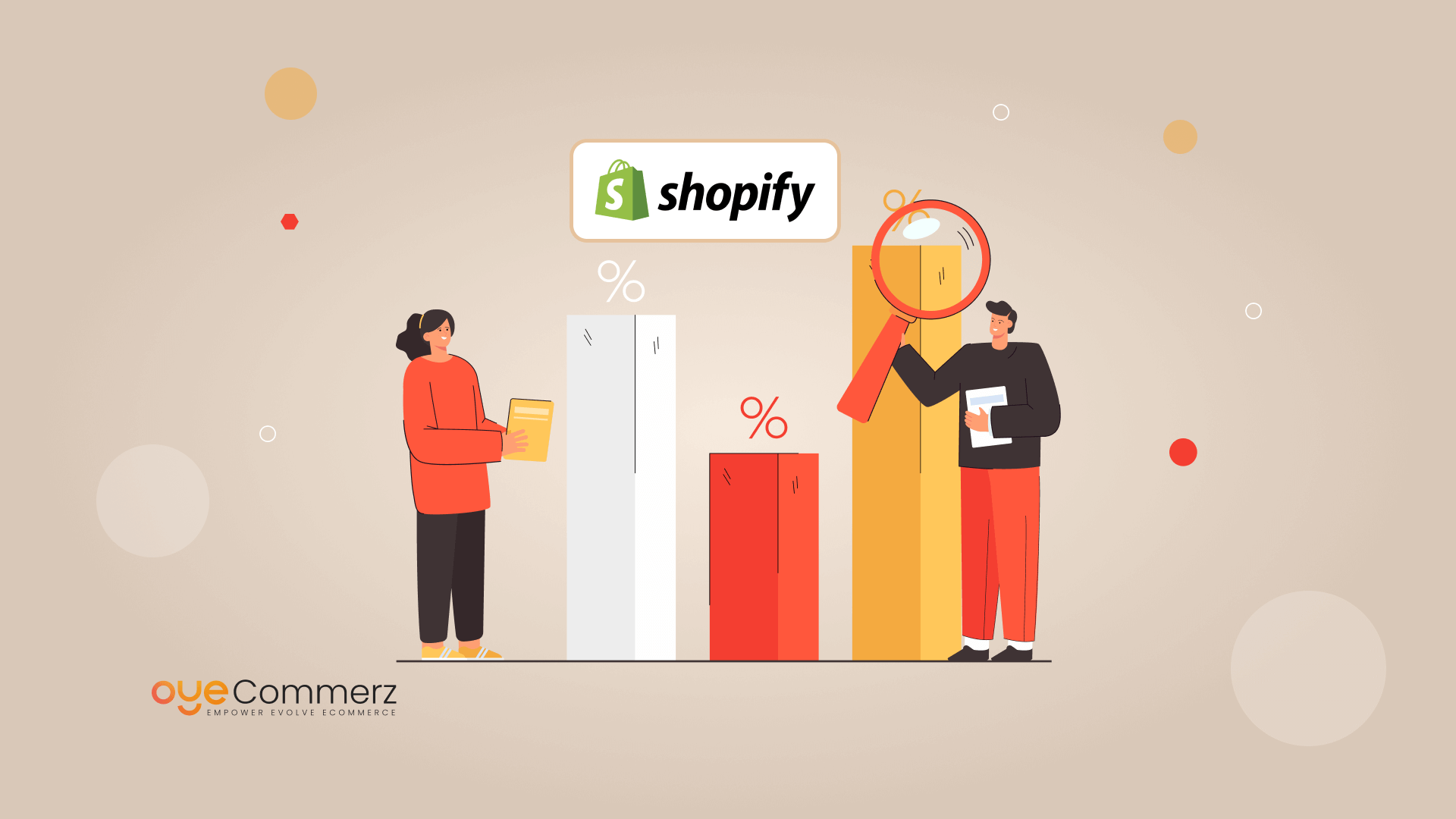Overview
In today’s competitive e-commerce environment, differentiating is paramount, and a top method to differentiate a Shopify store is through tailored app development. A robust Shopify app can enhance store capabilities, simplify processes, and elevate customer engagement. This guide delves into key elements of Shopify app development, covering API integration and app ecosystem to scaling strategies and promotion methods, offering a roadmap for companies seeking superior store performance.
Why Shopify API Integration Matters
Shopify’s API provides powerful tools to personalize and extend store functionalities. With GraphQL and REST APIs, developers can retrieve information to create apps that handle inventory control, order processing, and customer information management seamlessly. Integrating Shopify’s API can enable improved workflow automation and allows stores to serve customers more effectively.
Utilizing the Polaris Design System
Shopify’s Polaris is Shopify's design system for creating intuitive and accessible Shopify apps. By following Polaris guidelines, developers ensure that apps integrate smoothly within the Shopify Admin interface. This provides a cohesive look and feel that appeals to Shopify merchants, encouraging usability and familiarity for merchants utilizing your tailored app.
Navigating the Shopify App Ecosystem
The Shopify app ecosystem provides numerous opportunities for enhancing online stores. From handling order fulfillment to increasing customer engagement, apps in this environment are designed to meet various business requirements. Familiarizing with this system helps developers in finding unique app opportunities and enables seamless integration of third-party services that enhance the store.
Building Embedded Shopify Apps
Embedded apps work seamlessly within the Shopify Admin, allowing a seamless experience for merchants. They allow merchants don’t Shopify app adoption strategies have to navigate away from their Shopify dashboard, simplifying their process. Using Shopify App Bridge and embedded app features is a best practice for offering a cohesive, integrated user environment.
Leveraging Node.js and React for Shopify Development
The technologies Node.js and React have emerged as ideal tools for Shopify app creation. This server-side framework enables high-performance back-end services, while React allows for interactive and adaptive front-end user interfaces. Combined, they offer an strong platform for building fast, growth-ready Shopify apps that enhance store functionality and customer interaction.
Utilizing Webhooks in Shopify Development
Webhooks allow real-time data updates between Shopify and an external app. They initiate events such as order creation or stock changes and send instant notifications to your app. By utilizing webhooks, apps can provide up-to-date insights for store owners, streamlining workflows and boosting efficiency.
Customer Engagement and Digital Marketing for Shopify Apps
To make a Shopify app successful, engaging customers is crucial. Utilizing digital marketing strategies like SEO, email marketing, and social media campaigns can drive app adoption. Additionally, designing apps with customer interaction as a focus (e.g., loyalty programs or personalized recommendations) boosts user loyalty and loyalty.
Making Your Shopify App Scalable
As e-commerce stores expand, so do their technological needs. Ensuring that your app can scale to handle higher usage, larger databases, and more complex functionalities is Build engaging Shopify experiences essential. By optimizing server resources and using scalable technologies, you can create apps that grow in tandem with a store’s success.
Important Features and Maintenance Tips for Shopify Apps
For an app to be useful, it should include essential features like user login, analytics dashboard, and support channels. Ongoing app maintenance, including updates to fix bugs and ensuring compatibility with new Shopify functionalities, is vital to maintain continuous operation and avoid interruptions to business processes.
Summary
Custom Shopify app development offers immense opportunities for e-commerce businesses, offering the ability to improve performance, streamline processes, and foster customer loyalty. With API integrations and Node.js to ensuring scalability and customer interaction, creating a Shopify app involves careful planning and well-planned actions. If you’re prepared to elevate your e-commerce experience, a custom Shopify app may be the perfect solution. What features do you see for your dream application? Share your ideas and take the first step toward an enhanced e-commerce journey!
